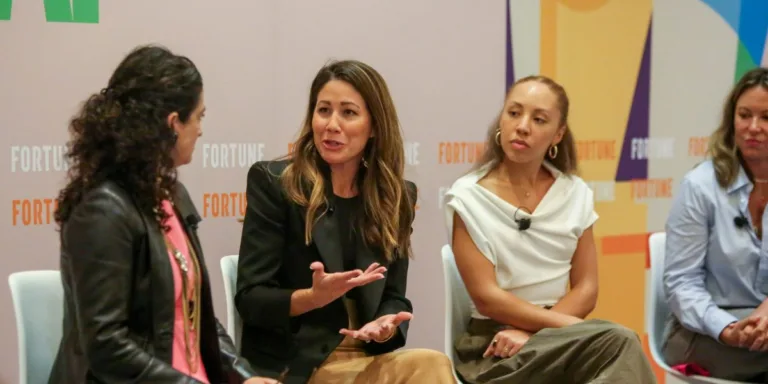Why 92% of Young People Want a 4-Day Workweek and the Sacrifices They’re Willing to Make
A recent survey reveals that 92% of young people are eager to have a four-day workweek, and they are willing to make major sacrifices to achieve this goal. While remote and hybrid work arrangements have gained popularity, many young professionals are willing to give them up in exchange for an extra day off every week. This is surprising, considering the ongoing debates surrounding return-to-office policies. Additionally, the survey found that younger workers are also open to working longer hours, changing jobs or companies, working weekends or evenings, and even taking a pay cut to achieve a shorter workweek. The desire for a four-day workweek is not limited to younger generations; a significant number of Gen X and baby boomers also express interest in this shift.


